The dragon raises its head on the second day of the second lunar month, which falls on February 27 this year.This day is also called Longtoujie (Dragon's Head Festival) or Chunlongjie (Spring Dragon's Festival).
It is said that as the day approaches, the land begins to awaken while the "Yang" air starts to rise. Dragons are auspicious omens in Chinese folk legends and they dominate wind and rain. A folk saying states that "the dragon raises its head on the second day of the second lunar month." People hope that dragons will rise to produce plentiful rain for mankind and facilitate spring plowing.
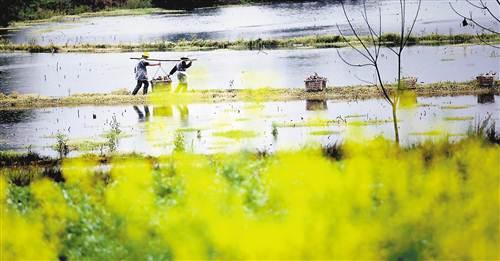
A folk saying states that "the dragon raises its head on the second day of the second lunar month." People hope that dragons will rise to produce plentiful rain for mankind and facilitate spring plowing.
The following are some of the traditional customs on the Dragon Heads-Raising Day.
Eating ‘dragon’ food
Traditionally, food eaten on this day was named after parts of the dragon. For instance, spring pancakes were called “dragon's scales,”noodles were called “dragon's whiskers,” rice was called “dragon's son” and wontons were called “dragon's eyes.”
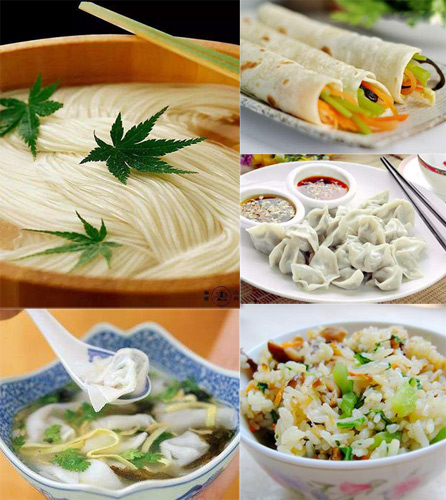
Eating ‘dragon’ food
Leading the dragon back to houses
On the day, farmers and villagers made an ash path into the houses and kitchens, then wind around the water vats from the outside. This is called leading the dragons back to houses, praying for good weather for crops.
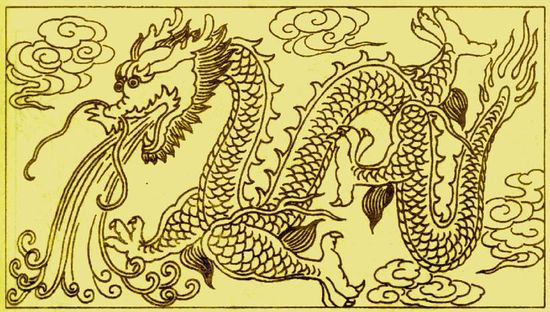
Leading the dragon back to houses
Having haircuts for good luck
Thousands of Chinese people will hit the barber’s chair in search of good luck and prosperity on this day. It is also said that getting a haircut during the first lunar month is inauspicious and that if people do so their uncle may die. That is why many people can be seen getting their hair cut on Dragon Head-Raising Day.
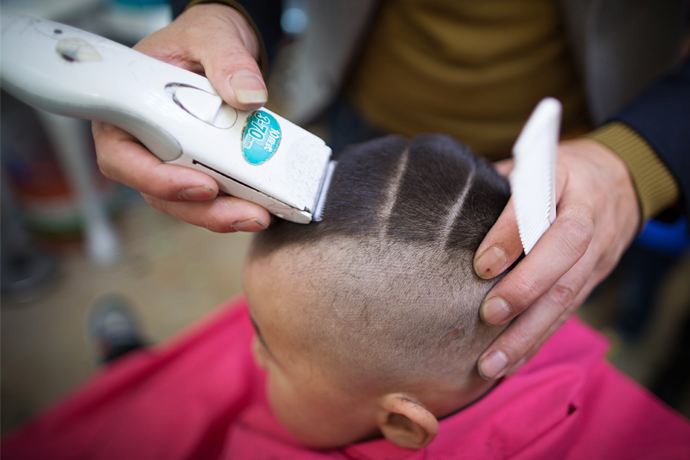
Having haircuts for good luck
Women not allowed to do needle-work
On this day, women were not allowed to do needle-work. It was said that when dragons raise their heads to look at the human world, needles would hurt their eyes.
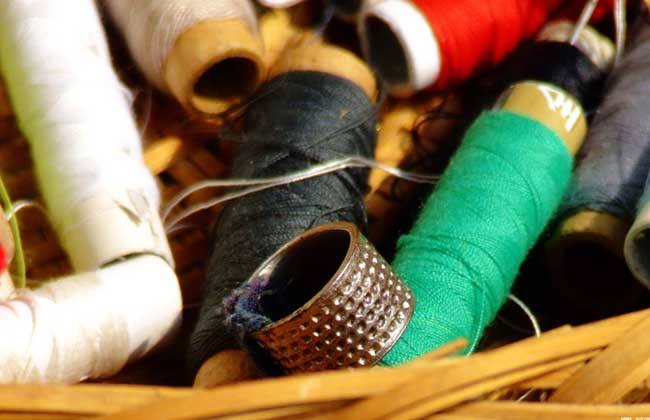
Women not allowed to do needle-work
Performing dragon dance
It is said that the dragon, which is believed to have power on the wind and rain, will appear after “Jing Zhe,” one of the 24 solar terms in Chinese, so people perform dragon dance on sacrificial ceremonies held on this day to pray for plentiful rain for the busy spring plowing.
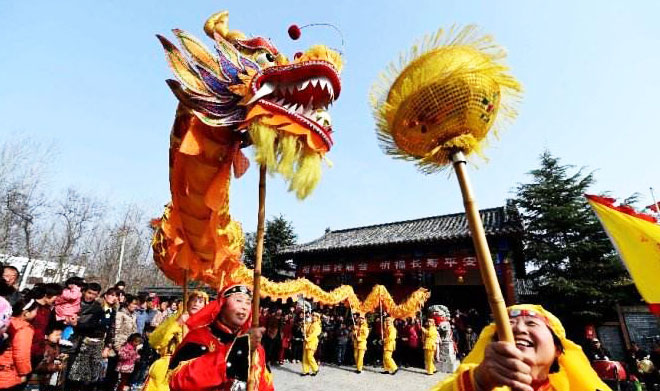
Performing dragon dance
Lightening up beams and wallboards
Around the day, all insects will come out, stirring up diseases, people hope that the dragons can suppress the poisonous insects. They lightened up beams and wallboards with the rest of the candles used in the New Year scraficial ceremony to repell the insects.
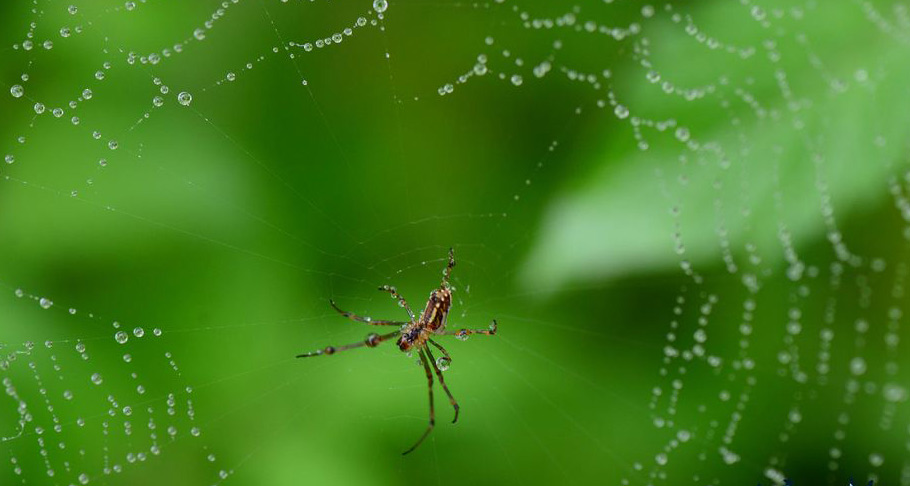
Lightening up beams and wallboards
Drawing circles with ash
In some places, people draw big and small circles with ash in front of the houses, and put some grains in the center of the circle, praying for a good harvest.
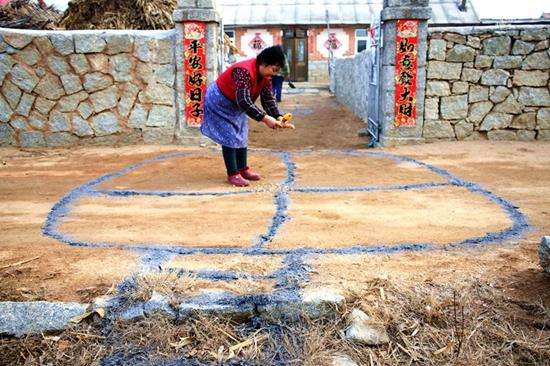
Drawing circles with ash















